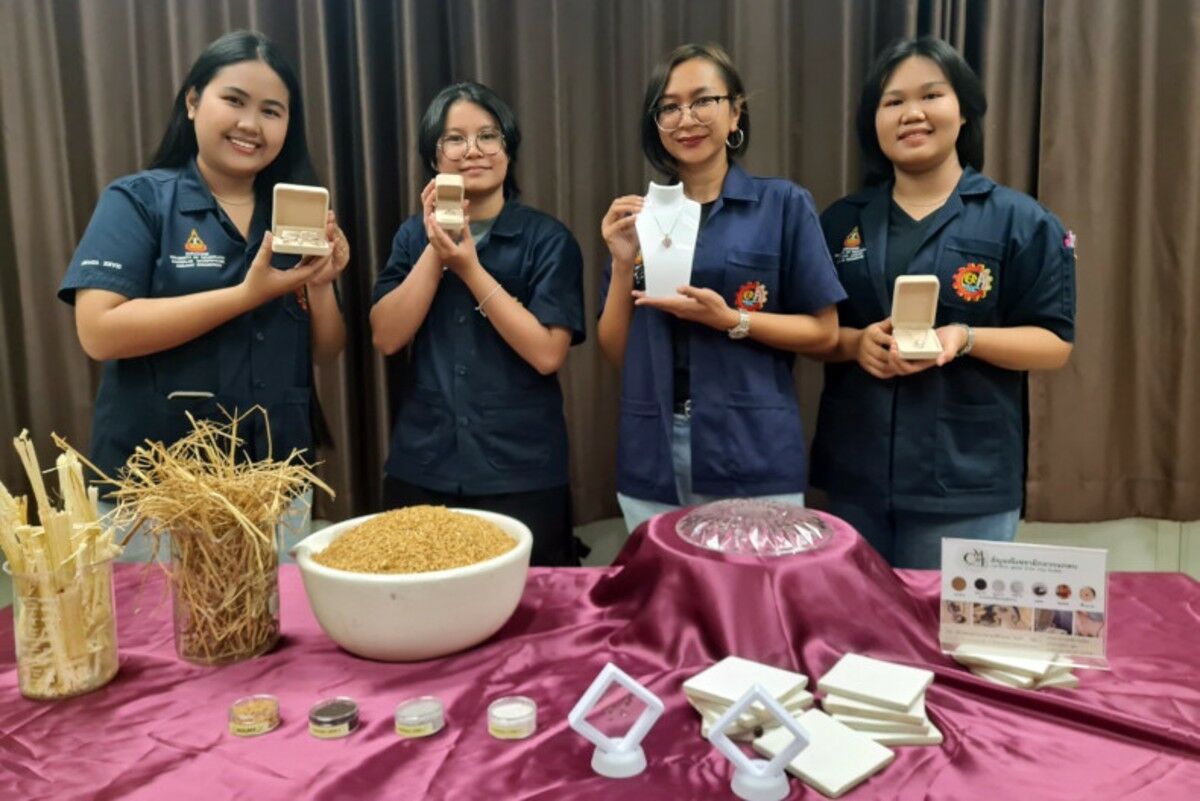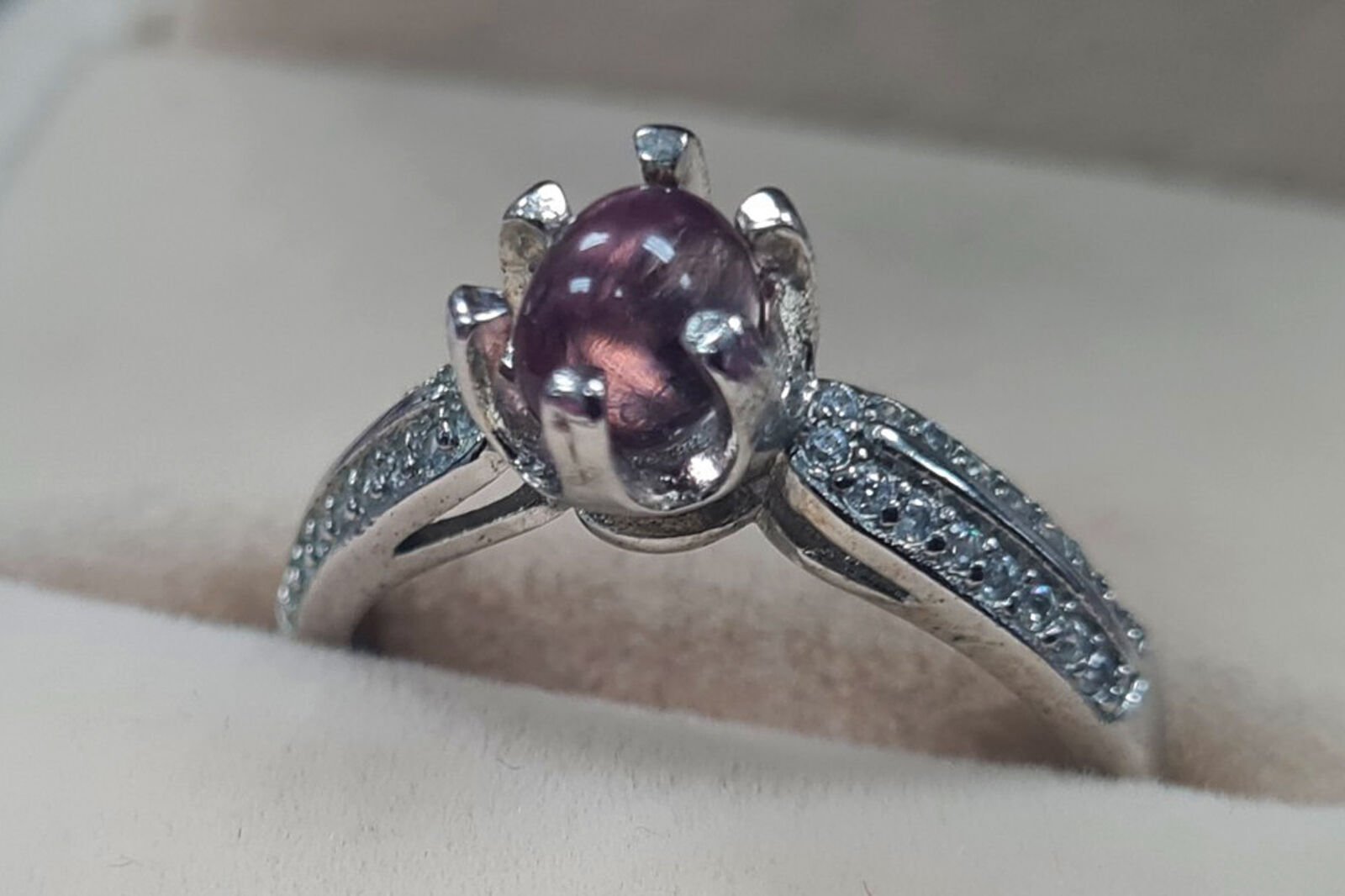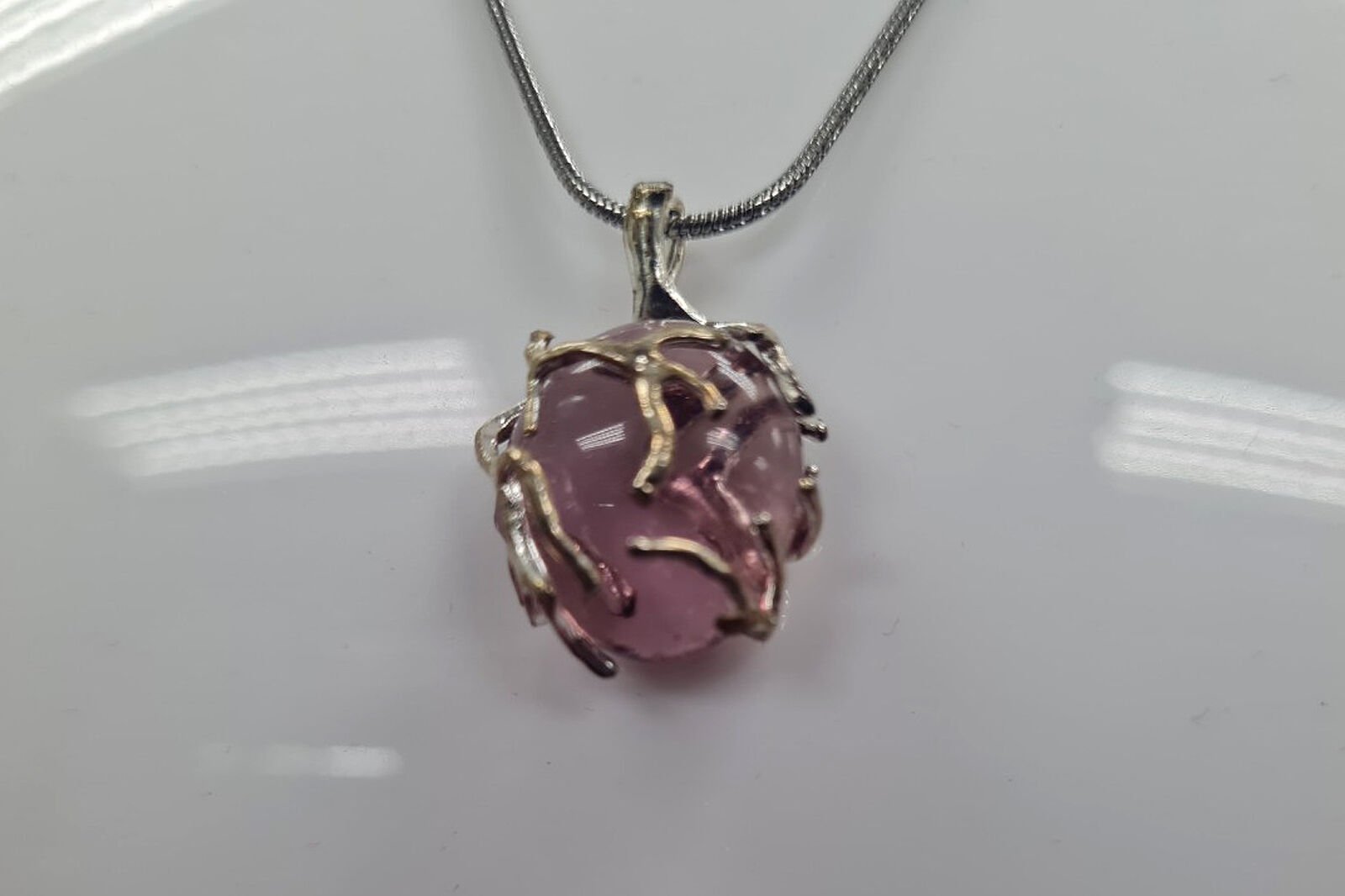Korat researchers turn agricultural waste into ceramic gemstones

Researchers at Suranaree University of Technology (SUT) have made a groundbreaking discovery by transforming agricultural waste into highly valuable ceramic gemstones. This innovative research, conducted by senior students at the Institute of Engineering’s School of Ceramic Engineering, has resulted in a product priced 6,000 times higher than the original waste material.
The team, consisting of Parnpailin Jaichuei, Chatcha Chuma, and Saowalak Boonpakdi, was motivated by Thailand’s prominent agricultural industry, which produces substantial waste every year. Commonly discarded materials such as straw, husks, and bagasse are often underutilised, typically being converted into fertiliser or burnt, contributing to air pollution and PM2.5 fine particles.
Saowalak explained that these environmental concerns drove the team to explore the properties of agricultural waste using ceramic engineering principles. Through their initial analysis, they discovered a significant concentration of silica in husks and other waste materials. Recognising silica as a primary component of natural gemstones, the students embarked on converting these waste products into ceramic gemstones.
The transformation process involved a calcination technique, heating the waste at 300, 500, and 700 degrees Celsius (°C) to create a high-quality ash. This ash was then combined with certain substances, leveraging the ceramic engineering method and the chemical composition of natural gemstones.

The resulting mixture was heated to 1,300°C to form molten glass, which was subsequently cooled to solidify. To enhance the gemstone’s durability, it underwent a second heating process in a ceramic oven at 550°C and was then allowed to cool slowly for increased stability.
The gemstone’s final colour reflected its original material, matching the size and durability of natural gemstones, and it was suitable for industrial use.
Furthermore, the process significantly boosted the waste’s value. A mere four-baht, or 1-kilogramme of waste, could be transformed into 20 gemstones, collectively valued at 24,000 baht, reported Bangkok Post.
This innovative approach not only adds significant economic value to agricultural waste but also presents a sustainable solution to managing waste, potentially reducing environmental damage and pollution.

Latest Thailand News
Follow The Thaiger on Google News:


























